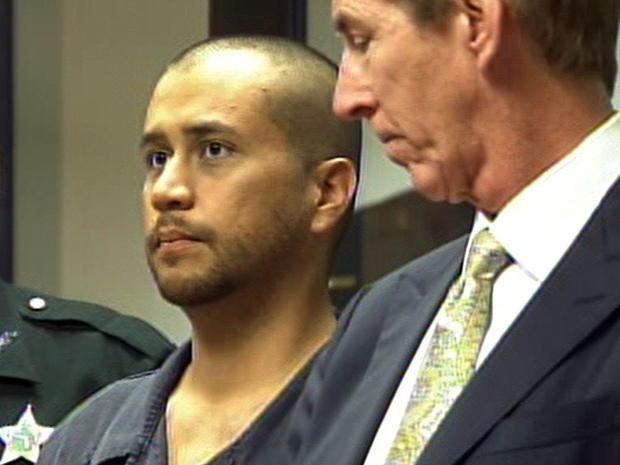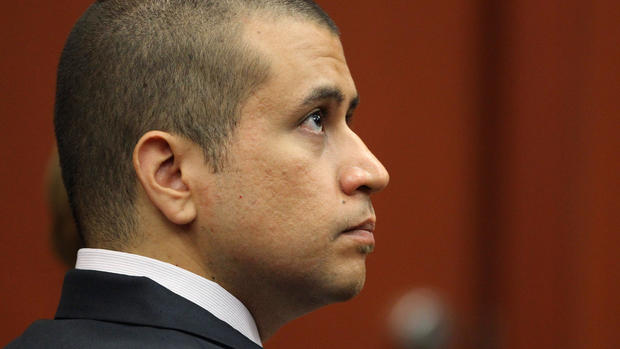Defending George Zimmerman: What's next for Mark O'Mara?
(CBS) Now that second-degree murder charges have been filed against George Zimmerman in the shooting death of Trayvon Martin, his new attorney, Mark O'Mara, begins the hard work of defending a client who has spent the last six weeks as the nation's public enemy number one.
Pictures: George Zimmerman charged with murder
First, says Florida defense attorney Alexander Fox, O'Mara will likely be looking into Zimmerman's ties to the community so that he can prove to a judge that Zimmerman is not a flight risk and thus a good candidate to be let out of jail on bond.
"Everything is easier - for the client and the attorney - when the client is free," says Fox, who worked as an assistant state attorney before going into private practice. A client languishing behind bars, says Fox, may feel pressure to plea, even if he has a good case.
Next, O'Mara will likely be hiring investigators to gather evidence and interview witnesses.
"You can't just let the evidence be developed by police and the state," says Fox. "They're looking at everything through the lens of trying to convict him."
And then, O'Mara must decide whether to ask a judge to dismiss the charges under Florida's "stand your ground" law. But don't expect that motion any time soon.
According to Jacksonville defense attorney and former prosecutor Mitchell Stone, if O'Mara decides to go that route, he will do a thorough investigation before making his case before a judge.
"You have to prepare as if you were preparing for trial," says Stone, who has defended many clients who sought immunity under "stand your ground."
"It's a big hurdle," says Stone, and medical evidence is likely to be key. If Zimmerman's defense claims that Trayvon Martin was beating his head against the ground, as his family and former attorneys have contended, they'll want to examine medical reports of his injuries.
"He may been treated by a doctor the state doesn't know about," says Fox.
In addition, Martin's autopsy report may provide clues about what kind of scuffle the teen was involved in before he died. And forensic evidence, such as ballistic tests that could show how the gun was fired, where the players were, the presence of gunshot residue and the trajectory of the bullet, will likely be examined by defense experts.
But Stone says it's possible that even if O'Mara thinks he can prove Zimmerman acted under "stand your ground," he might not want to "telegraph" his defense strategy to the prosecution, and wait to make his case at trial. One benefit of this is that if O'Mara makes a "stand your ground" case to the judge and loses, the prosecution may ask that the judge inform the jurors of his decision, thus potentially undermining that defense.
The standards for proving "stand your ground" and traditional self-defense are very different, says Stone. Traditional self-defense allows a citizen to meet force with like-force. So if someone punches you with a fist, you can legally punch back. If someone pulls a gun on you, you can pull one on them. Under "stand your ground," a citizen can meet any force they reasonably believe represents an imminent bodily threat with deadly force.
Both Fox and Stone agree that, should the case go to trial, O'Mara is likely to put Zimmerman on the stand, and his testimony will be critical.
"If the forensics don't match what Zimmerman is saying, the defense will have a big problem," says Stone.
On the other hand, as Fox puts it, "If what Zimmerman says is true, I think the state will have a very hard time proving their case."
Complete coverage of the Trayvon Martin case on CBS News

